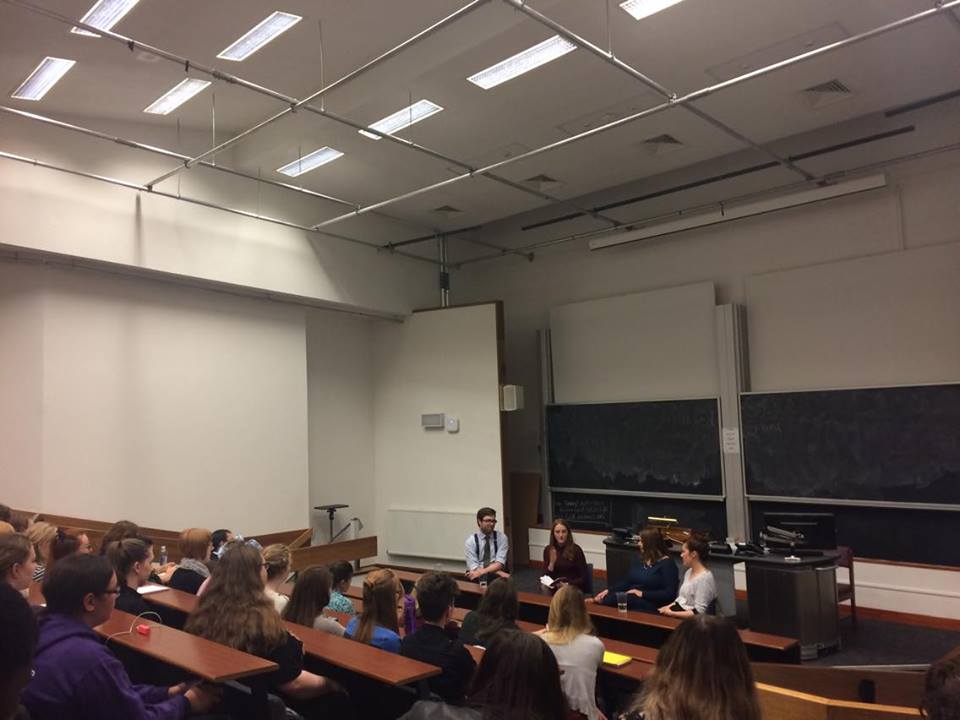 Winter is here. There are magical light displays on the streets. Christmas markets are open. There is mulled wine and cinnamon treats, and large crowds of people wearing colourful reindeer jumpers shopping for presents. Snow has already made an appearance, with gentle snowflakes covering everything in white in Stirling.
Winter is here. There are magical light displays on the streets. Christmas markets are open. There is mulled wine and cinnamon treats, and large crowds of people wearing colourful reindeer jumpers shopping for presents. Snow has already made an appearance, with gentle snowflakes covering everything in white in Stirling.
Indeed, it’s beginning to look a lot like Christmas, everywhere you go. And everywhere includes bookshops. For our Marketing Management and Communication module, we were asked to look at current bookshops’ practices, and so I went to Edinburgh and did a small tour. It was during my trip that I noticed how retailers have really outdone themselves this season by employing creative strategies and introducing sensory elements to entice customers, from decorations to special offerings and fun events.
In Princes Street Waterstone’s, in Edinburgh, a gigantic Christmas tree has been set up. Green garlands are everywhere. Book displays showcase a selection of interesting themed titles – classics, crime novels, new releases, and more – and there are many promotions taking place. Other chains such as Blackwell’s, in South Bridge, have devoted great attention to their store windows, immediately capturing a passer-by’s interest.
Independent bookshops, being smaller in size and naturally more flexible, manage to design more unique and memorable experiences. At Golden Hare Books (established in 2012 and located in the Stockbridge area), for example, there is relaxing jazz music playing in the background, free delicious mince pies and tea, and a wood-burning stove is on to keep customers warm. There is a pleasant incense aroma in the air and you can buy already-wrapped books with mysterious labels to surprise yourself for Christmas. There is also a Christmas “book tree” on one of the tables. Touch, smell, sound, sight and taste. The interplay of the five senses is quite clever, contributing to shape a cosy, familiar and welcoming atmosphere.
Booksellers are finding innovative ways of remaining operational in today’s extremely competitive environment. Although online book shopping is perhaps more convenient and cheaper, it is only in physical venues where one can experience such wonderful things. There’s quite nothing like browsing in a bookshop, especially during Christmas time. But, it must be said that, as a Publishing student, my opinion might be (slightly) biased.
 As it turned out, fellow publishers-to-be from Edinburgh Napier University were going to celebrate Bookshop Day in the best possible way, that is with a Bookshop Crawl. A brilliant concept that transforms the infamous British tradition of pub crawls into a nerdy day of rummaging through piles of books.
As it turned out, fellow publishers-to-be from Edinburgh Napier University were going to celebrate Bookshop Day in the best possible way, that is with a Bookshop Crawl. A brilliant concept that transforms the infamous British tradition of pub crawls into a nerdy day of rummaging through piles of books. 


